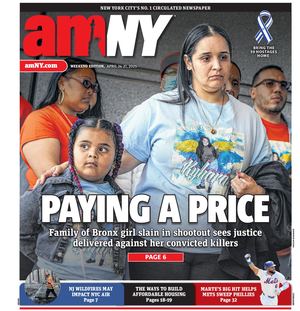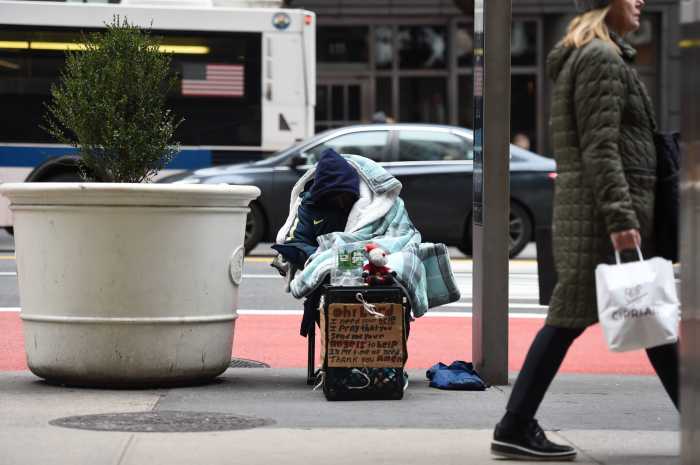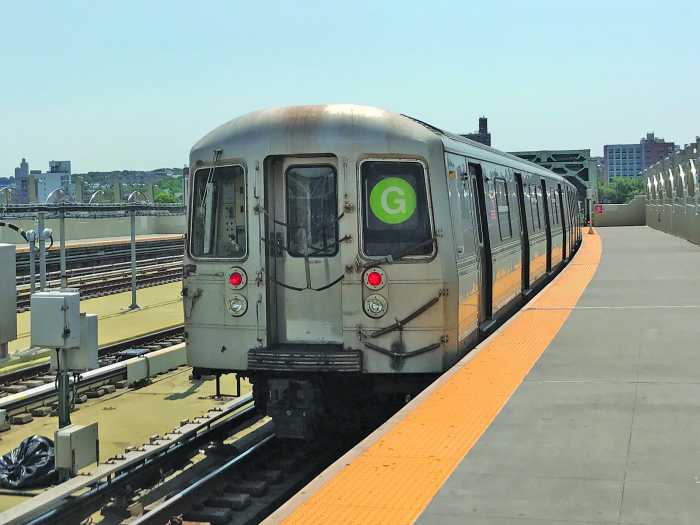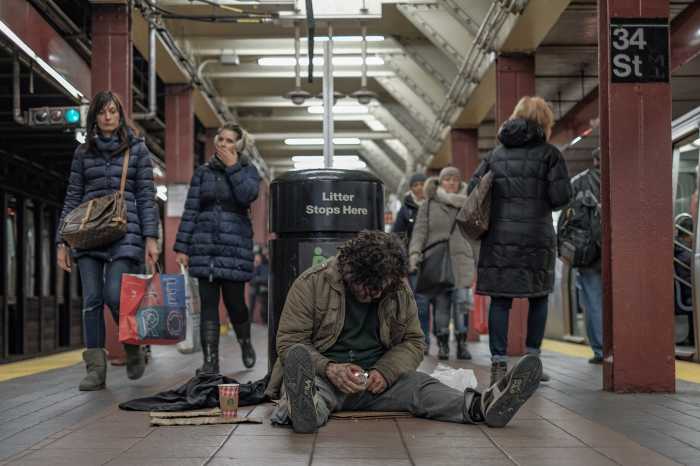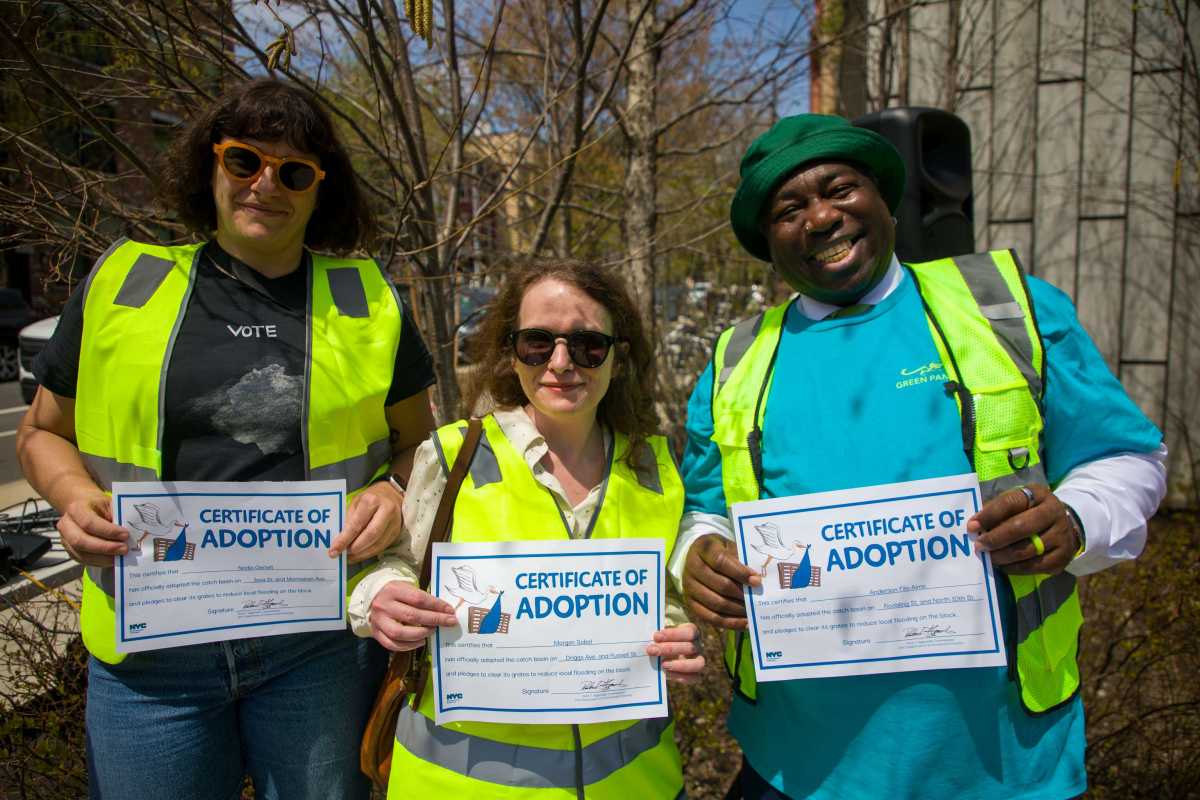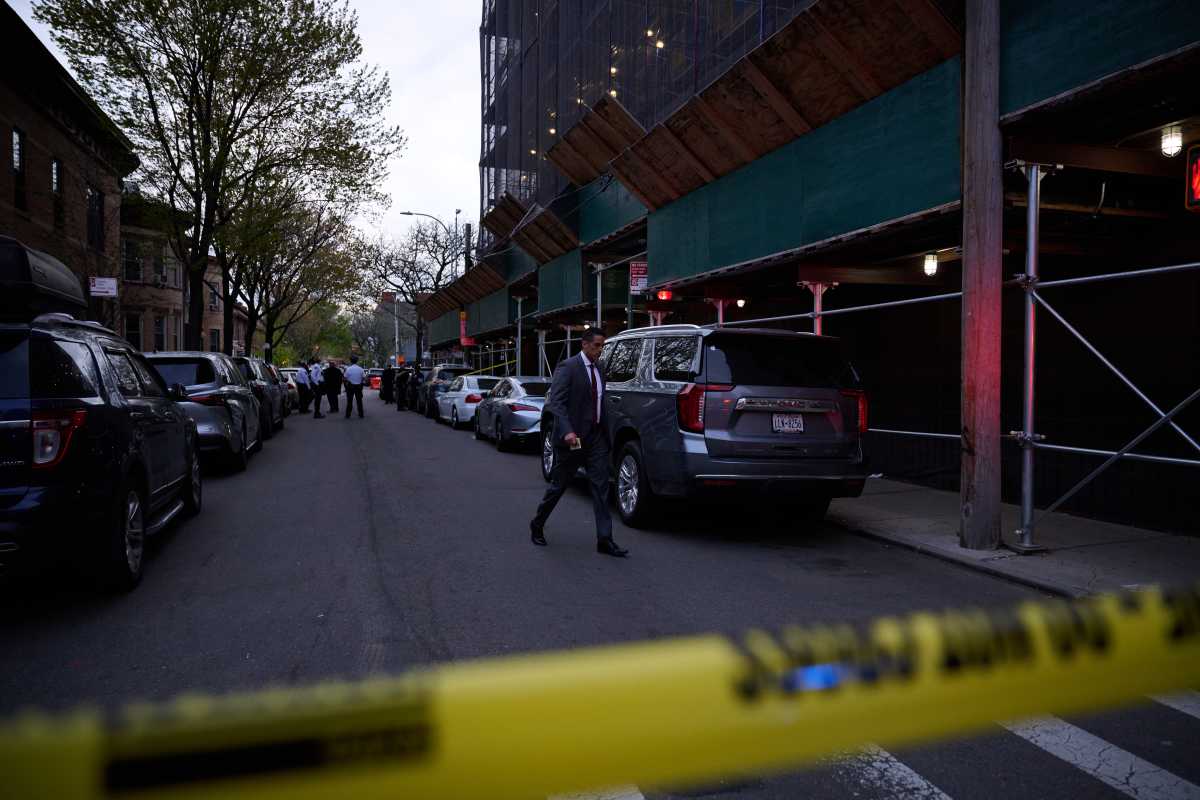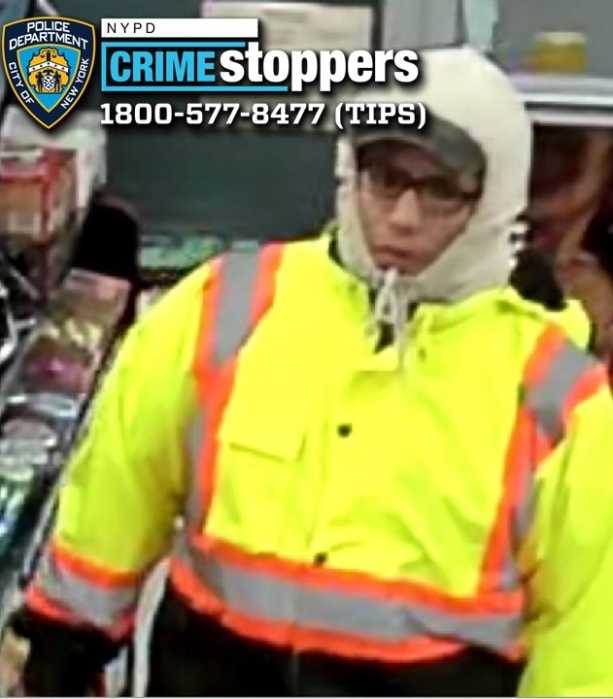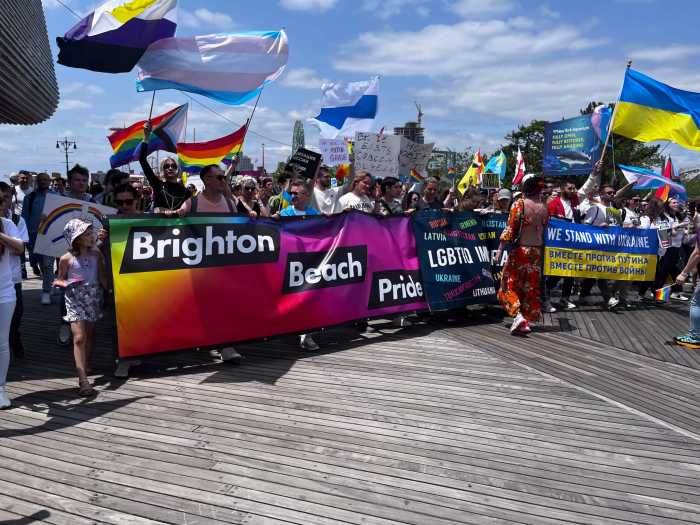By City Council Speaker Corey Johnson, Met Council CEO David Greenfield and United Way of New York City President & CEO Sheena Wright
New York City will be hurting for a long time. We have lost family, friends, neighbors and loved ones in the fight against COVID-19 and its many rippling devastations. Millions of New Yorkers are out of work. Our seniors are homebound and isolated. Children are out of school, and away from friends and teachers, as their parents struggle to put food on the table. We want to rebuild a city where all New Yorkers can thrive, but right now New Yorkers are hungry and struggling to afford basic needs. The Council has led the way calling for re-authorizing the $25 million in emergency food pantry funding distributed last May. Mayor de Blasio must act again. Millions of New Yorkers still need this support.
As we plan for our fiscal future and the healing this city will need for years to come, it’s crucially important that we don’t forget the millions of New Yorkers hurting right now and the role our food pantries play in helping them put food on the table.
Last May, the city, responding to calls from a united City Council, acted boldly to get $25 million in emergency funding for food providers who knew their communities best. The challenges caused by COVID-19 were unprecedented and wide-ranging. The pandemic forced pantries and soup kitchens to close, disrupted supply chains, caused shortages of staff and volunteers due to quarantine, and forced pantries to make significant changes to their operations to meet new safety and social distancing protocols. Fortunately, the availability and flexibility of the city’s emergency funding helped avert a larger hunger crisis in New York City, enabling providers to open additional pop-up sites, purchase PPE and needed equipment, and do whatever it took to ensure that those in need could access nutritious food.
With the funding organizations that serve the hungry received, they provided millions of dollars worth of food, direct financial support and technical assistance to the food pantries in their networks. This provided healthy and nutritious meals to New Yorkers in need.
The three-way partnership between the de Blasio administration, City Council, and leaders of New York City’s emergency food system was key to its success. Met Council and United Way of New York City worked closely with the Mayor’s Office of Food Policy, City Council members, Catholic Charities, City Harvest, Food Bank for New York, and other organizations. These organizations met regularly to assess needs and develop a coordinated funds distribution plan. This enabled decisions to be made by organizations directly working in our communities in need, but also facilitated coordination to avoid overlap, ensured equitable distribution in priority neighborhoods, and maximized the reach of the city’s funds for emergency food. This benefited the entire ecosystem of emergency food providers, ensuring no community was overlooked.
Demand has never been so immense or the situation so dire. Parents are reducing their own meals to feed their children.
There are thousands of elderly New Yorkers, including Holocaust survivors and people with disabilities, who are homebound, and vulnerable to COVID-19. There are cab drivers and college students who need support, as well as small business owners who went under in this challenging economic and social environment. Families who have lost a provider at home, especially among Black and Brown communities, are struggling financially. New Yorkers who are undocumented and have been left out of federal relief depend on emergency food providers for meals. Millions of New Yorkers rely on assistance from Met Council, United Way for New York City and others to provide them with safe, reliable access to healthy meals and groceries. These are our neighbors, our friends, our co-workers, and our family.
There is so much to do. While hope is on the horizon, we cannot forget or abandon those hurting right now as more and more New Yorkers rely on food pantries for survival every day.
